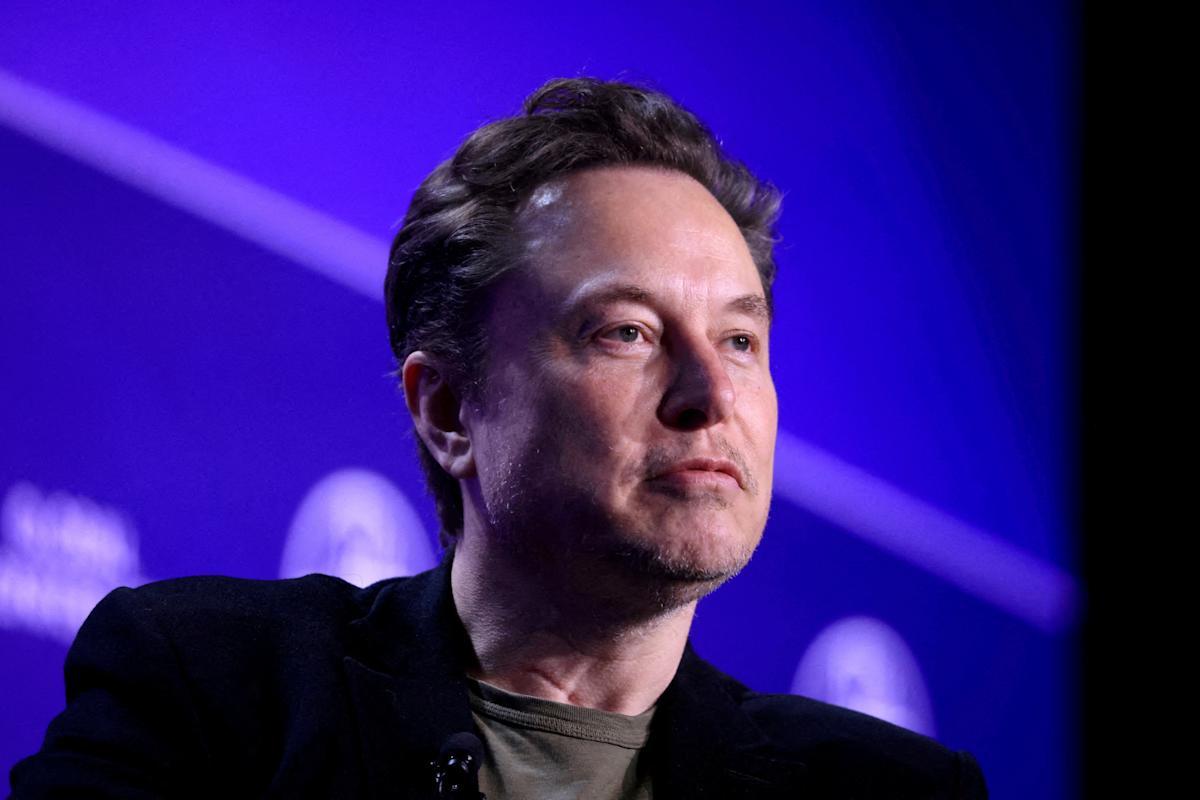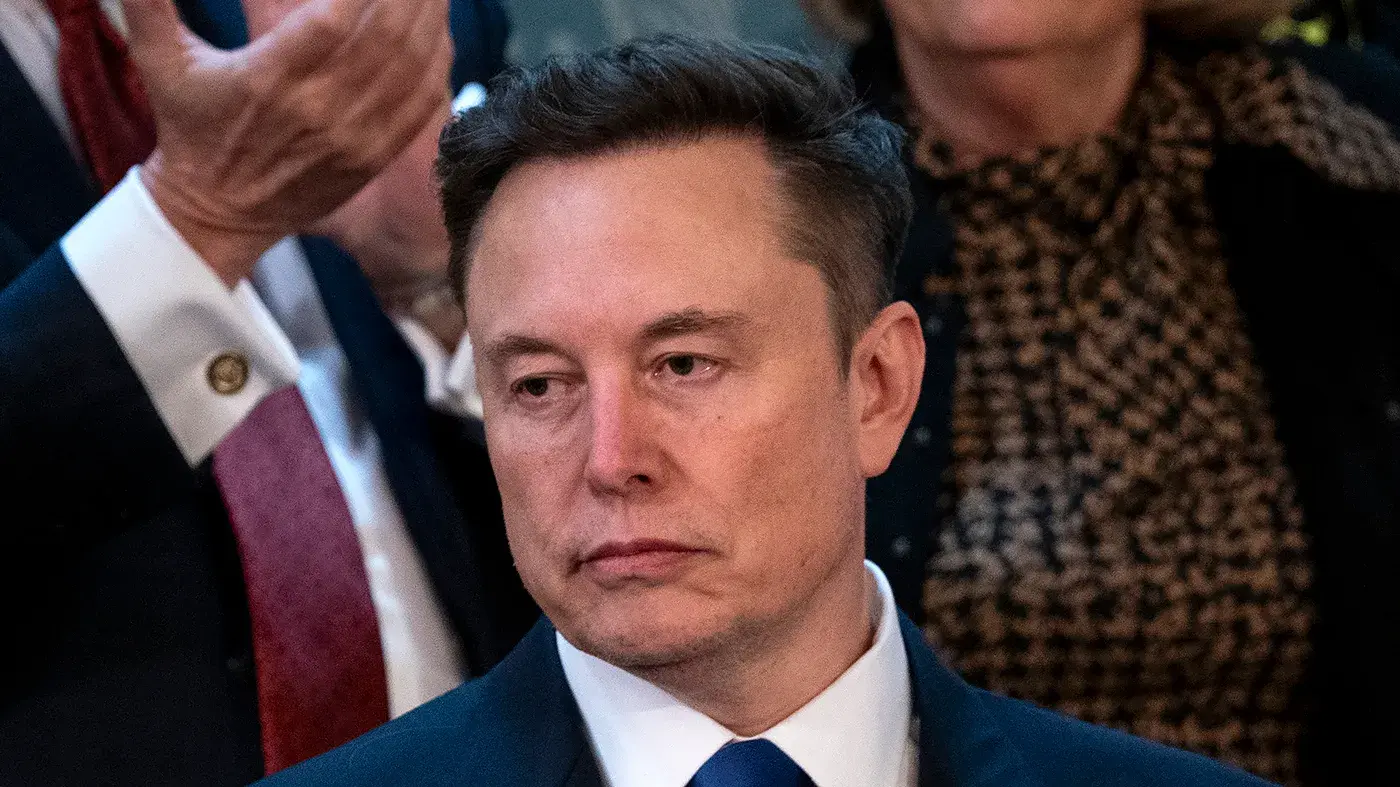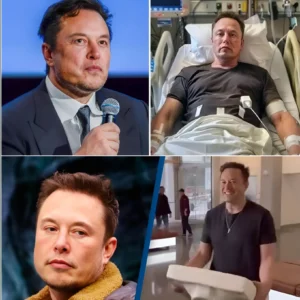Tesla has temporarily shut down its Gigafactory in Austin, Texas, amidst a growing inventory of its two key models, the Cybertruck and the Model Y. This unexpected production halt, which has sparked rumors about the company’s financial stability, has left many questioning whether Tesla is heading for bankruptcy. With a backlog of unsold vehicles and production slowed, the electric vehicle giant is facing increasing pressure from both internal challenges and external competition in the electric vehicle (EV) market.

The shutdown, announced by Tesla earlier this week, has led to concerns about the company’s future. Tesla’s factory in Austin was scheduled to halt production for one week, ostensibly for routine maintenance and optimization of the manufacturing process. However, the timing of this decision has raised eyebrows, especially given the company’s current situation. Tesla has been grappling with a massive inventory of both the Cybertruck, which has faced multiple delays, and the Model Y, which has seen production ramped up to meet demand. However, it seems that despite the higher volume, the company is still unable to move these vehicles at the pace needed to maintain financial health.
The increase in inventory has been one of the most significant factors fueling rumors of bankruptcy. Some analysts point out that Tesla’s production of these models far outpaces actual consumer demand, leading to unsold cars accumulating in its warehouses. The situation has left some questioning whether Tesla will be able to offload this inventory in time to avoid a cash flow crisis.

Tesla’s stock has also been impacted by these developments. On the day the news of the factory shutdown broke, Tesla’s stock price fell by nearly 4%. While the stock showed some recovery the next day, rising by 3%, the overall trend for the company has been worrying. Over the course of the year, Tesla’s stock has dropped by about 22%, further stoking fears that the company may be facing significant financial trouble.
Despite these concerns, Tesla remains committed to its long-term goals, including the release of the highly anticipated Cybertruck and the continued expansion of its electric vehicle offerings. The company has consistently worked to position itself as a leader in the EV market, but as competition from other automakers intensifies, Tesla faces mounting challenges. The success of its upcoming robotaxi service, which is slated to launch soon, could provide a much-needed boost, but the company’s current financial and production issues raise doubts about its ability to meet these ambitious goals.

In conclusion, while Tesla’s temporary factory shutdown and large inventory of unsold vehicles have raised concerns about the company’s future, it is too early to definitively say if the company is heading toward bankruptcy. The situation remains fluid, and Tesla’s ability to manage its production challenges, inventory, and competition will be crucial in determining its long-term viability. As the company works to streamline operations and introduce new products, investors and industry analysts will be watching closely to see how Tesla navigates this difficult period.






